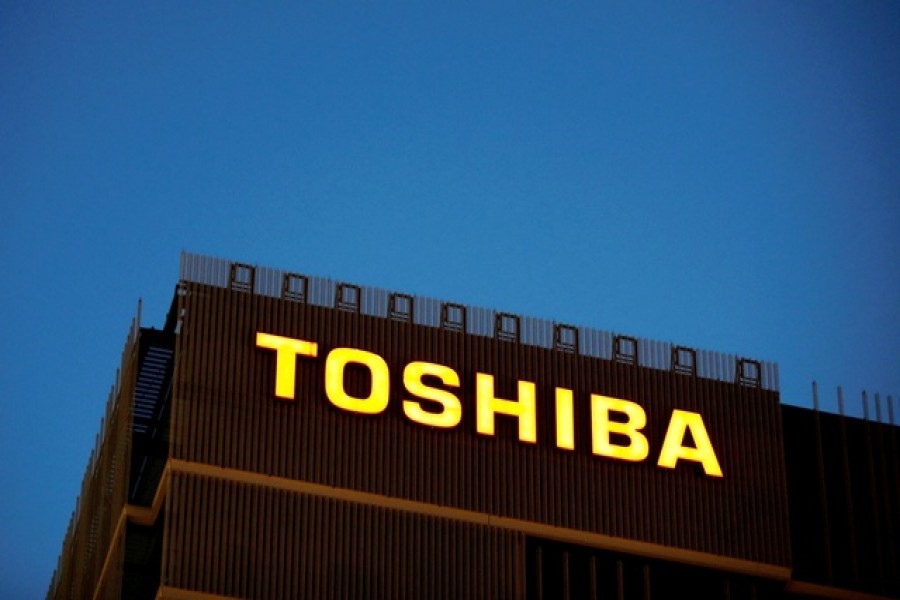Toshiba was a household name for consumer electronics in many countries. Even in Bangladesh, Toshiba was well known for its home appliances products.
The company had a strong presence in the market even in the last decade, but a mixture of wrong investment, poor forecasting and bad luck has left Toshiba as a remnant of what it used to be.
Unlike many 20th-century tech companies, Toshiba was founded in 1875, long before household consumer electronics was a thing.
The company was initially known as Shibaura Seisaku-sho, and later in a 1939 merger with another Japanese company called Tokyo Denki, the name ‘Toshiba’ came into existence.
Since its inception originally in the 19th century, the company has survived several wars, massive earthquakes, and even a Tsunami.
The company has gone through several transformations in the period of over 100 years. Starting by making the first telegraph machines for the Japanese government, its manufacturing span from making war equipment to medical products.
Although Toshiba established itself as a major manufacturer of complex and heavy electronic machinery in early 20th century Japan, it had trouble staying profitable. The company was trying to shift its focus on consumer electronics and after the 1939 merger, Toshiba started to invest in heavy industrial machinery and was able to upscale its manufacturing capabilities of consumer-grade products.
The time span between 1940 to early 2000 was really the heyday for the company, as it established itself in several global markets and became one of the largest electronics companies in the world.
Toshiba had a strong presence in the healthcare, music, heavy-machinery, computer products, consumer electronics, and laptop market.
Toshiba famously sponsored the top-most screen of One Times Square in New York City for the New Year’s countdown from 2007 to 2018. So what exactly happened that led such an established company to lose its reputation in just over a decade?
It mainly started when the company went big in nuclear-energy investment. In 2006, Toshiba spent around USD 5.0 billion to acquire majority stakes in the nuclear energy company Westinghouse Electric.
It was Toshiba’s vision that the world will eventually shift to safe nuclear power from unsustainable fossil-fuel energy. Although it seemed like a desirable investment, in reality, nuclear power didn’t really grow from the 2000s.
In addition to that, Japan faced the 2011 infamous earthquake and tsunami that caused the melting of the cores of the Fukushima nuclear reactor. The subsequent repercussions of the melting were so damaging that Japan government banned any sort of nuclear power production. This caused Toshiba to lose a large chunk of its capital.
Aside from that, Toshiba completely missed out on the mobile and smartphone revolution that started in 2010. They also advocated for HD-DVD production and 3D televisions, none of which caught any steam despite spending big dollars.
The 2015 accounting scandal was the final blow in the company’s already faltering reputation, and all of these culminated in a USD 18 billion sale of its most reputed modern-day business, the flash memory unit.
Despite being the company that developed Japan's first broadcasting equipment in 1952, the country's first digital computers in 1954, the country's first microwave ovens in 1959 and being a tech giant for over 100 years, Toshiba is a case of how quickly a company of its calibre can lose its foothold on the market due to bad business decisions and poor luck.
[email protected]


